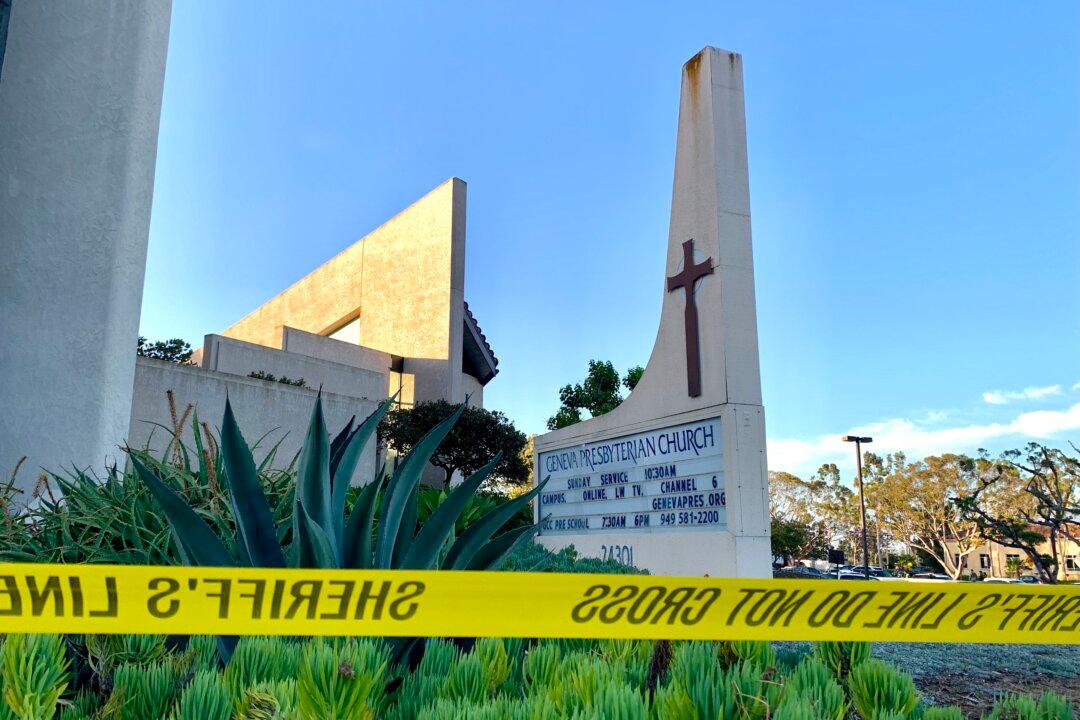INDIANAPOLIS—Two of the most popular gun control proposals have little to no effect on gun crime and actually exacerbate the problem for the people they’re supposed to protect, according to economist, researcher, and author John Lott.
“Those are the people who are harmed,” Lott told seminar participants at the National Rifle Association’s Annual Meetings and Exhibits in Indianapolis.





